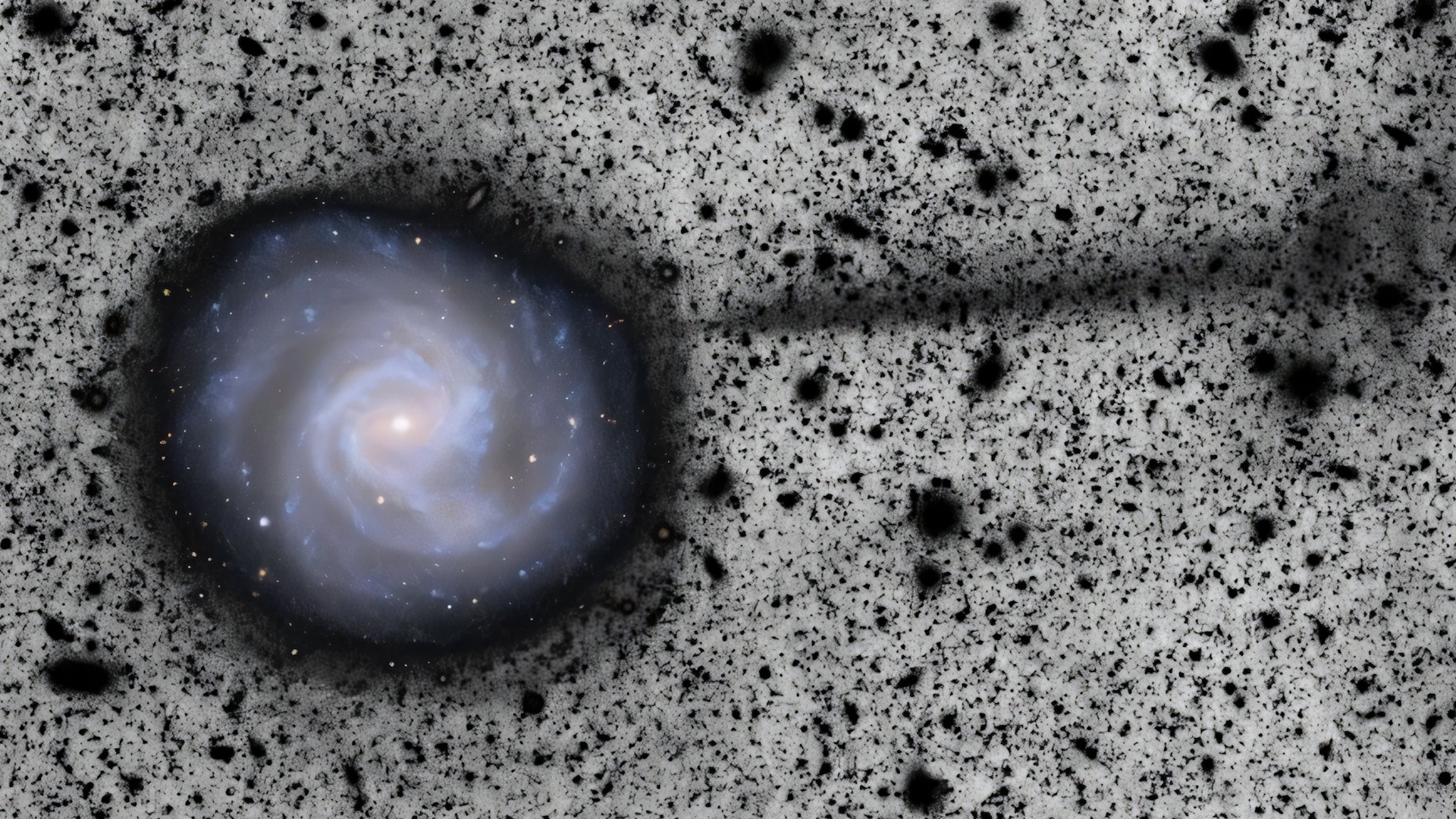OCD Obsessions Often Come with Physical Sensations

People with obsessive compulsive disorder (OCD) often find that their intrusive thoughts come along with "sensory experiences" — quasi-hallucinations that attach some physical sensation to the distorted thinking the disorder can produce. Now, researchers are starting to understand those sensations, and how they might be used to help treat the mental illness.
In a new study, published in November in the journal Clinical Psychology and Psychotherapy, researchers showed that there seems to be a link between the strength of OCD-associated compulsions and the physical sensations that come with them.
For example, a person might feel dirty during intrusive thoughts about contamination, the authors wrote. Anda 2017 review of symptoms of the disorder, published in The Wiley Handbook of Obsessive Compulsive Disorders, noted that patients might feel "uncomfortable sensations in the skin, muscles or others body parts, like an itch or a burning sensation that drives the patient to do the compulsion until feeling...relief." [The 7 Biggest Mysteries of the Human Body]
The new study suggests the specificity, "richness" and intensity of these sensations might play a role in how people with OCD manage their symptoms.
To understand what that means, you must understand OCD. The mental illness isn't the disorder of hyper-organization or anal-retentiveness some pop cultural representations imagine. Instead, it's an illness of worry and checking. Obsessions and compulsions generally come together: A person might fixate on the intrusive thought of friends and family dying in a car accident, and feel compelled to tap every item in their refrigerator because they believe this will prevent it from happening.
People with OCD generally know their obsessions and compulsions are symptoms of mental illness, not connected to real-world cause and effect, but still have difficulty controlling them without treatment.
In the new study, the researchers asked people with OCD to answer a questionnaire designed to understand the strength of sensory obsessions in quantifiable terms.
Get the world’s most fascinating discoveries delivered straight to your inbox.
They found that people who had more difficulty controlling their compulsions also tended to have stronger sensory elements related to their obsessions, compared with those who had less difficulty controlling compulsions. This seemed particularly true of people whose obsessions focused on cleanliness and personal contamination, the study found.
In general, the study found that strong sensory components to obsessions also appeared more often in people with all-around vivid imaginations.
A large group of patients with OCD turned out to experience their intrusive thoughts as auditory — arriving as whispered, spoken or shouted voices. That group of patients also tended to experience their normal thoughts as "louder" than most people do.
The researchers wrote that the study offers more evidence that the link between sensations and OCD has a lot of potential for treatment. If strong sensations make OCD symptoms more difficult to control, perhaps treatments based on redirecting those sensations — which are already in the early phases of research — could help patients better control their compulsions.
Originally published on Live Science.


